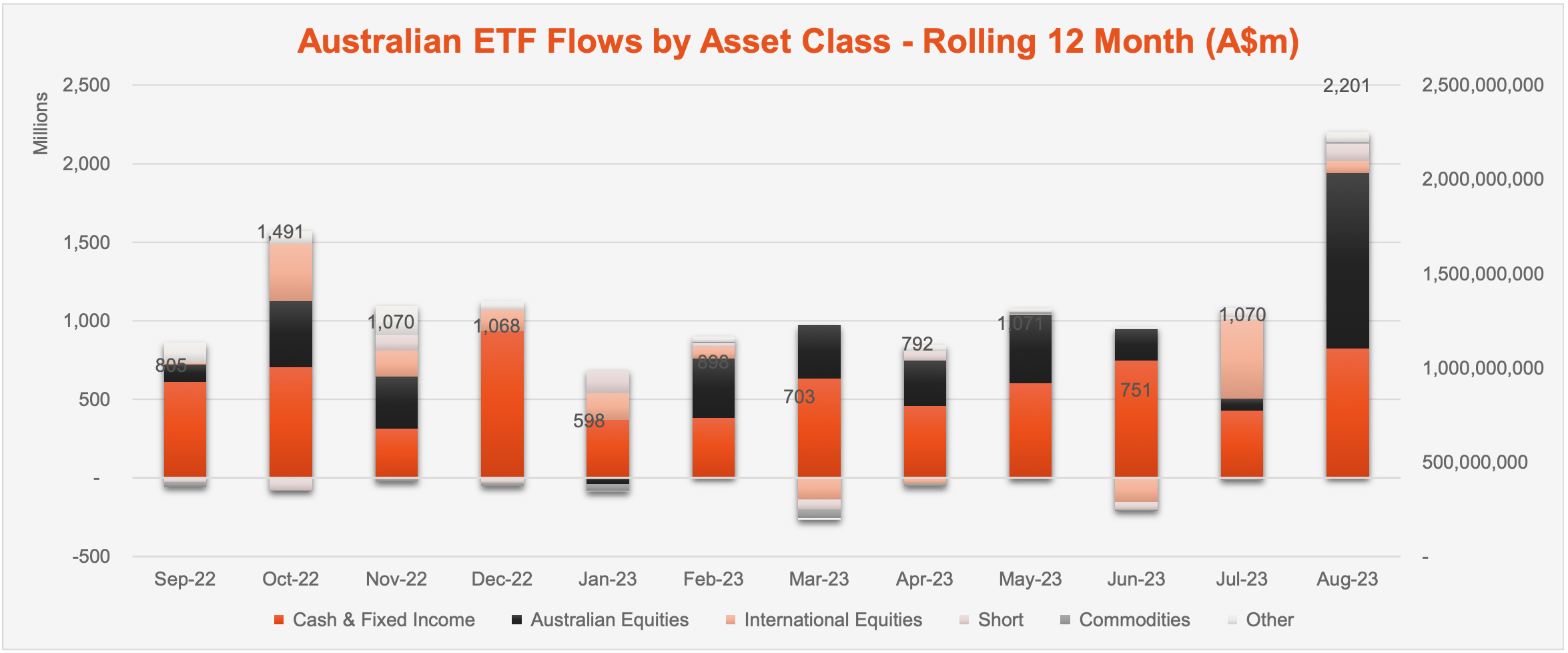Introduction
Exchange-traded funds (ETFs) are all the rage these days, and for good reason. They offer investors a convenient and cost-effective way to diversify their portfolios, giving them access to a broad range of assets without having to buy individual stocks or bonds. And because ETFs are traded on exchanges like stocks, they’re easy to buy and sell, making them a great option for both experienced and novice investors. Are you ready to take the plunge in the exciting world of ETFs? This article will dive into everything you need to know, so you can make informed decisions and start growing your wealth.
What are ETFs?
ETFs are essentially baskets of securities that track a specific index, sector, or asset class. For example, the SPDR S&P 500 ETF (SPY) tracks the S&P 500 index, which is made up of the 500 largest publicly traded companies in the United States. By investing in SPY, you’re essentially buying a piece of all 500 companies in the S&P 500, giving you instant diversification and exposure to the overall U.S. stock market.
How do ETFs work?
ETFs are traded on exchanges just like stocks, which means you can buy and sell them throughout the trading day. When you buy an ETF, you’re buying a share of the underlying securities. The price of an ETF fluctuates throughout the day, based on the value of the underlying securities.
What are the benefits of ETFs?
There are many benefits to investing in ETFs including:
- Diversification: ETFs provide instant diversification, allowing you to spread your risk across a range of assets.
- Cost-effectiveness: ETFs have relatively low expense ratios, which means more of your money is invested in the underlying securities and less is going to fees.
- Convenience: ETFs are traded on exchanges, making them easy to buy and sell.
- Transparency: ETFs are required to disclose their holdings on a daily basis, which gives investors a clear understanding of what they’re investing in.
- Tax-efficiency: ETFs can be more tax-efficient than mutual funds, especially for investors who hold them in taxable accounts.
Best ETFs: A Comprehensive Guide to Choosing the Right Investments
The world of investing can seem like a vast and intimidating jungle, but exchange-traded funds (ETFs) make it possible for anyone to diversify their portfolio and potentially reap the rewards of the stock market. ETFs are baskets of securities, like stocks or bonds, that trade on exchanges like individual stocks. They offer investors a cost-effective and convenient way to gain exposure to a wide range of assets.
How to Choose the Best ETFs
Figuring Out Your Investment Objectives
First things first: what do you want your money to do? Are you saving for retirement, a down payment on a house, or simply trying to grow your wealth? Your goals will help you narrow down your ETF choices.
Knowing Your Risk Tolerance
Everyone’s got a different level of comfort when it comes to risk. If you’re a bit of a thrill-seeker, you might be okay with high-risk, high-reward ETFs. But if you prefer to play it safe, low-risk ETFs might be more your speed.
Getting Real About Your Time Horizon
How long do you plan to stay invested? If you’re looking for a quick buck, you might want to consider short-term ETFs. But if you’re in it for the long haul, long-term ETFs could be a better choice.
Peeking Under the Hood of ETFs
What’s inside an ETF matters. Take a close look at the underlying holdings to make sure they align with your investment goals. Also, keep an eye on expense ratios – these fees can eat into your returns over time.
Tracking Historical Performance
Past performance isn’t a guarantee of future success, but it’s still worth considering. Research how an ETF has performed in different market conditions to get an idea of how it might behave in the future.
The Best ETFs for Different Situations
- Aggressive Growth: Vanguard Growth ETF (VUG)
- Moderate Growth: iShares Core Growth ETF (ITCG)
- Income: SPDR S&P Dividend ETF (SDY)
- Value: iShares Core Value ETF (IVE)
- International: Vanguard Total International Stock ETF (VXUS)

No responses yet